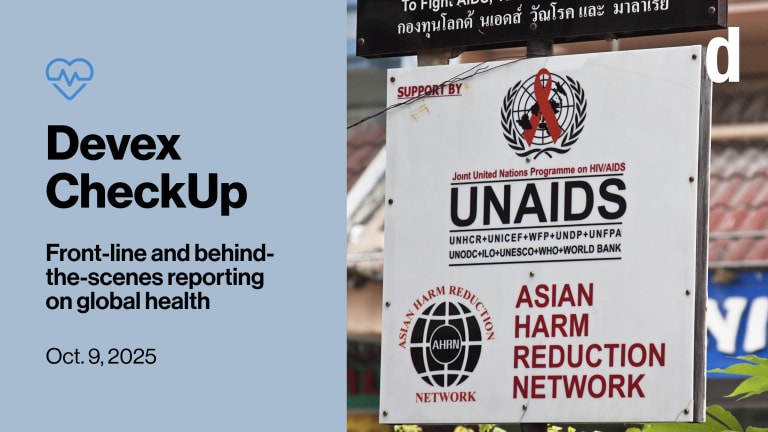Today, ONE launches the “Trillion-Dollar Scandal” — a campaign that seeks to expose the true scale of the impact of corruption and illicit financial flows to the developing world.
At least $1 trillion a year leaves developing countries through money laundering, bribery, tax evasion and other forms of corruption. Some 3.6 million deaths could be prevented each year in the world’s poorest countries if action is taken to end the secrecy that allows corruption and criminality to thrive and if the recovered revenues were invested in health systems.
Of course, the central problem with corruption is corrupt people, living in both developed and developing countries. But bad policy can facilitate corruption, and making policy changes can dramatically reduce that enabling role.








